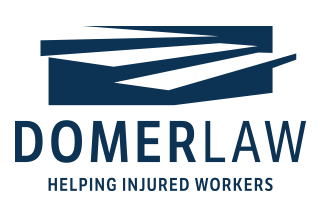Most people who get hurt through their work eventually recover enough to return to the same job they had before their injury. But some work-related injuries are so severe that they stop the victim from doing the same kind of work they did before. For manufacturing jobs, injuries that make it difficult or impossible to stand for long periods or handle machinery can mean a worker must find a new job or try to start an entirely different career. For healthcare workers, a permanent limitations may mean an inability to care for or transfer patients–forcing a potential job change.
It isn’t easy to switch to a new job or career, but getting paid for going back to school would help immensely. If you have a workers’ compensation claim in Wisconsin, money for retraining is an option.
Two routes when a work injury affects your earning capacity
A permanent disability from a work-related injury may qualify you for permanent partial disability benefits, but those benefits might not be enough to make ends meet while you look for a new line of work. Wisconsin’s workers’ comp system offers two additional types of benefits that might help:
- Retraining or “vocational rehabilitation” benefits. For any type of work injury (whether to your spine or limbs), if a permanent limitation makes you unable to return to the job you held at the time of injury, an injured worker can pursue vocational retraining benefits. This allows a worker to try to get the insurance company to pay for retraining to bring your earning capacity back to what it was before your injury. Retraining benefits include 2/3 of lost wages during weeks in school, tuition, books, mileage, and meals while in school (on campus).
- Loss of earning capacity benefit. For certain types of injuries (generally only head and spine claims), a worker may pursue a loss of earning capacity claim–which is a comparison between what a worker earned before they were hurt to what they can earn in the open labor market with permanent limitations. This type of benefit is available as an alternative to vocational retraining benefits in certain instances.
However, if you and your doctor believe retraining is possible, you might earn a lot more income going that route. The process of getting approved for retraining benefits is complicated, but it can be done. You can prepare for a new job that accommodates your current abilities and move on from your injuries.


